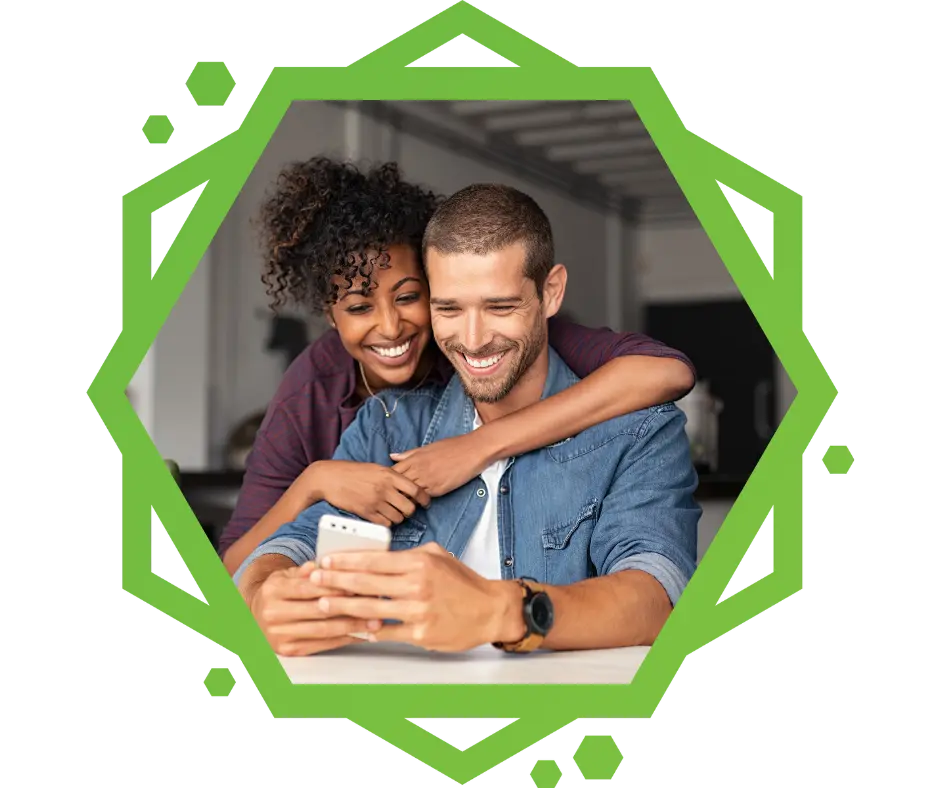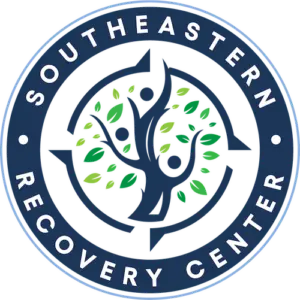The liver is an extraordinary organ with a remarkable ability to regenerate and heal itself, even after years of damage caused by excessive alcohol consumption. This healing process is not immediate and requires a commitment to sustained lifestyle changes, including abstinence from alcohol and a focus on nutrition and overall health. According to the Centers for Disease Control and Prevention (CDC), about 1.8% of adults in the United States have liver disease. The disease can be manageable, and some people can even reverse the damage – if caught in time.

Identifying the Signs That Your Liver is Healing
While the signs of a healing liver are encouraging, it’s important to remember that liver healing is a gradual process. Complete abstinence from alcohol is crucial for allowing the liver to repair itself. Adopting a healthy lifestyle that includes a balanced diet rich in fruits, vegetables, lean proteins, and whole grains can support liver health. Regular exercise, adequate hydration, and avoiding other liver-damaging substances like drugs and certain medications are also vital.
Regular medical check-ups and liver function tests are essential for monitoring your liver’s recovery. Working closely with healthcare professionals, including doctors and nutritionists, can provide the guidance and support needed to maintain a healthy liver. Some of the signs you liver is healing may include:
1. Improved Energy Levels
One of the most noticeable signs that your liver is healing is an increase in your overall energy levels. Chronic alcohol consumption can lead to fatigue and a general feeling of sluggishness due to the liver’s inability to properly metabolize nutrients and toxins. As you reduce or eliminate alcohol intake, your liver begins to recover its normal function, leading to improved energy production and a decrease in feelings of tiredness and lethargy.

2. Better Digestion and Appetite
The liver plays a crucial role in digestion by producing bile, which helps break down fats and absorb fat-soluble vitamins. Alcohol abuse can impair bile production and flow, leading to digestive issues such as bloating, indigestion, and a loss of appetite. As the liver heals, these symptoms typically improve, and you may notice a more regular appetite and better digestion.
3. Reduction in Liver Enzyme Levels
Medical tests are an essential tool in monitoring liver health. Elevated liver enzyme levels, such as ALT (alanine aminotransferase) and AST (aspartate aminotransferase), are common indicators of liver damage. When the liver begins to heal, these enzyme levels tend to decrease, reflecting reduced inflammation and improved liver function. Regular blood tests can provide a clear picture of how well your liver is recovering.
4. Decrease in Abdominal Pain and Swelling
Liver damage often results in discomfort or pain in the upper right side of the abdomen. This pain can be due to inflammation or an enlarged liver. As you abstain from alcohol and the liver starts to heal, this pain usually diminishes. Additionally, swelling in the abdomen (ascites) caused by fluid accumulation can reduce as liver function improves and the body better manages fluid balance.
5. Improved Skin Appearance
The liver is responsible for detoxifying the blood. When it’s not functioning properly, toxins can build up in the body, sometimes leading to skin issues such as jaundice (yellowing of the skin and eyes), itchiness, or rashes. As liver health improves, you may notice that your skin becomes clearer, less itchy, and more radiant. The yellow tint associated with jaundice also fades as bilirubin levels normalize.
6. Weight Stabilization
Alcohol is calorie-dense and can contribute to weight gain, especially in the abdominal area. Additionally, liver damage can lead to metabolic issues that affect weight. As you cut out alcohol and your liver starts to heal, your metabolism stabilizes, and you might find it easier to manage your weight. This can be a positive sign that your liver is regaining its ability to properly regulate metabolic processes.
7. Enhanced Mental Clarity and Mood
The liver’s detoxification process directly impacts brain health. When liver function is compromised, toxins can accumulate in the bloodstream and affect cognitive function, leading to brain fog, memory issues, and mood swings. Improved liver health typically results in better mental clarity, enhanced memory, and a more stable mood. Many people report feeling more clear-headed and emotionally balanced as their liver heals.
8. Normalization of Blood Clotting
The liver produces proteins necessary for blood clotting. Alcohol-induced liver damage can disrupt this process, leading to issues with bruising and prolonged bleeding. As liver function improves, you may notice that bruising becomes less frequent and blood clotting returns to normal, indicating that your liver is regaining its ability to produce essential clotting factors.
9. Balanced Hormone Levels
The liver is integral to hormone metabolism and regulation. Alcohol abuse can disrupt hormonal balance, leading to issues such as irregular menstrual cycles in women and reduced libido in men. As liver health improves, hormonal balance tends to normalize, resulting in more regular menstrual cycles and a restored sex drive. This is a clear sign that the liver is recovering its regulatory functions.
10. Enhanced Immune Function
Chronic alcohol consumption weakens the immune system, making the body more susceptible to infections. The liver plays a key role in immune function by filtering out pathogens and producing proteins essential for immune responses. As the liver heals, immune function generally improves, leading to fewer infections and a stronger overall immune response.

Continued Support for Your Healing Liver
By committing to a healthy, alcohol-free lifestyle and seeking regular medical advice, you can support your liver’s recovery and regeneration. Southeastern Recovery Center understands that breaking free from alcohol addiction can be hard – but with the right support system and alcohol rehab that may be covered by insurance, it may be possible to reverse the damage done to your liver by alcoholism.
If you or a loved one is considering a treatment plan for alcoholism, don’t hesitate to reach out to our experienced staff to learn more about Southeastern Recovery Center’s holistic rehab for alcohol in North Carolina.





